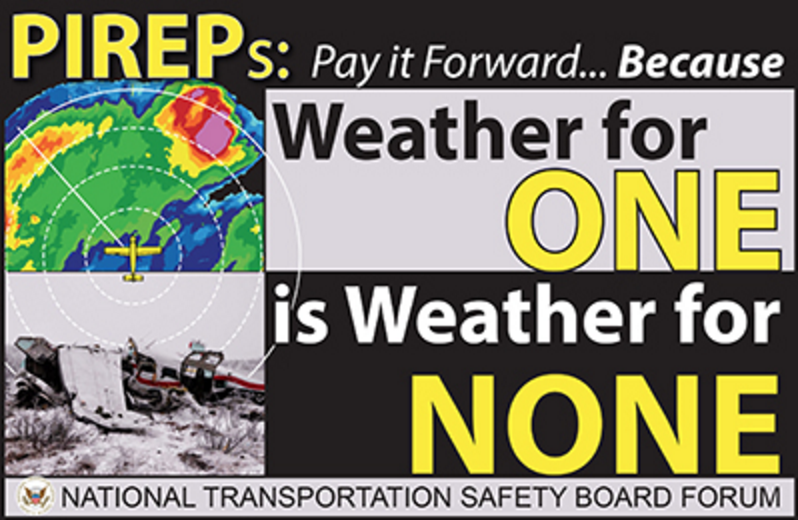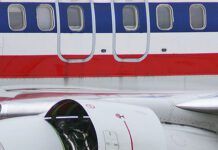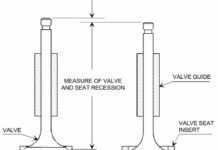
The NTSB has released a special report based on its investigation last year into the effectiveness of pilot weather reports. The report concludes that pilots need better training and procedures, and air traffic controllers need to do more to be sure the pilot weather reporting system enhances aviation safety. One key to a safer system is better handling of the reports when they are received by ATC, says NTSB Acting Chairman Robert Sumwalt. “Even with the many advances that have been made in weather modeling and forecasting in recent years, there’s still nothing that can replicate the value of pilots’ reports of the weather conditions they encounter,” Sumwalt said. “As a longtime general aviation and air carrier pilot, I can’t overemphasize the importance of Pireps. They provide pilots of all types of aircraft with critical real-time information that can enhance safety for everyone in the skies.”
To create the special report, NTSB staffers investigated several recent incidents and accidents and engaged in discussions with members of various Pirep user groups. This research revealed deficiencies in the handling of Pirep information that resulted in delays, errors and data losses. The report details numerous factors that make it hard for air traffic controllers to solicit, collect and disseminate Pireps, including a lack of consistent best practices, insufficient automation capabilities and a lack of scenario-based training.Some of the positive actions that could improve the system, the NTSB concludes, would be to emphasize the importance of Pireps during pilot training and create standard criteria for reporting weather conditions. Also, the FAA needs to address pilots’ concerns that they could be targeted for enforcement action if they report about encountering adverse weather conditions beyond what they or their aircraft are rated for.
The 68-page report is posted online.


































